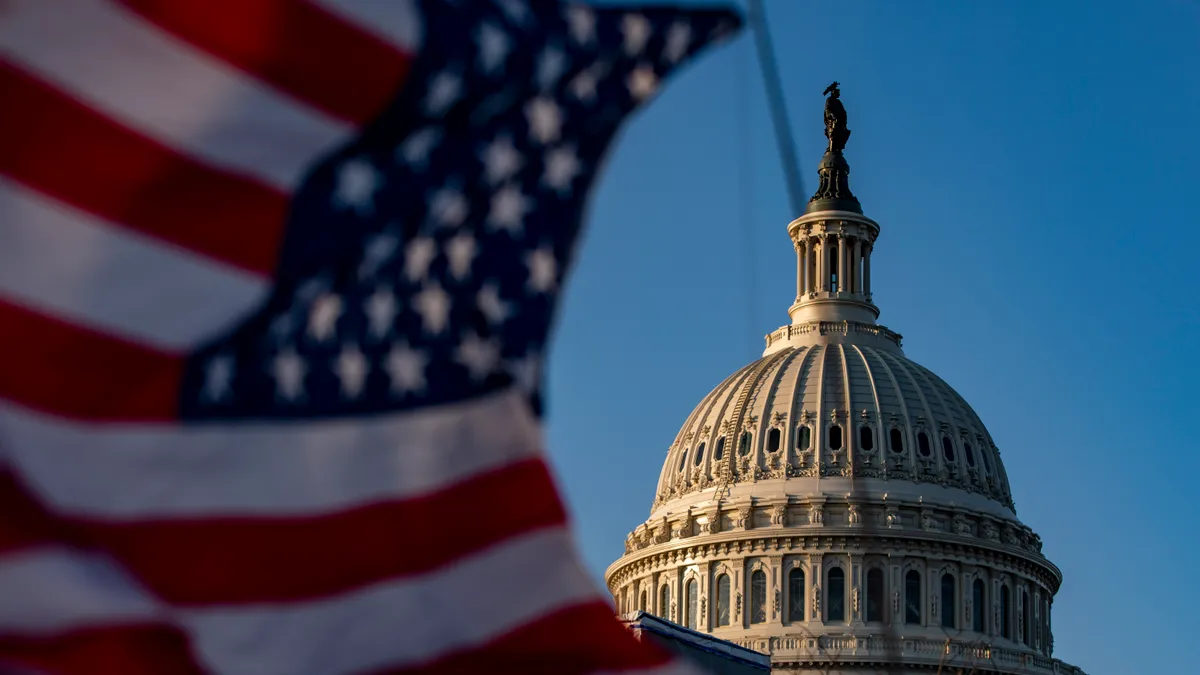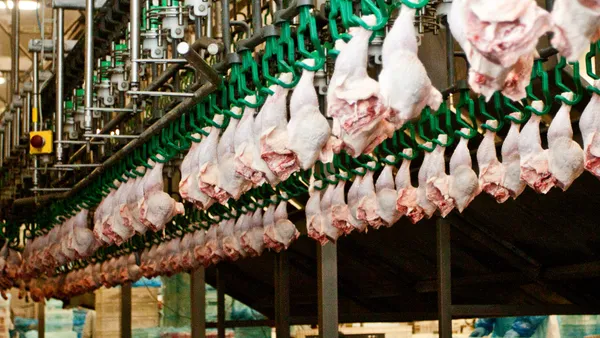Support is growing for increased food assistance language in the 2023 Farm Bill.
The Bipartisan Policy Center, a think tank based in Washington D.C., urged policymakers this week to remove unnecessary barriers that limit accessibility to Supplemental Nutrition Assistance Program benefits, such as permanently providing applicants the option to interview and to give their signature remotely.
A stopgap funding bill to avert a government shutdown was signed by President Joe Biden in mid-November, keeping farm programs and food assistance funded through Sept. 30, with exception to the Women, Infants and Children nutrition program that is set to expire in the coming weeks.
WIC is not included in the farm bill.
Without the one-year farm bill extension, farm programs would have expired at the end of 2023. No farm bill drafts have been released yet from the House or Senate Agriculture Committees, but pressure is growing to get the legislation across the finish line.
“This extension is in no way a substitute for passing a 5-year Farm Bill and we remain committed to working together to get it done next year,” the Senate and House Agriculture Committee leaders said in a joint statement.
With time to make adjustments, the Bipartisan Policy Center led by President Margaret Spellings, a former U.S. Secretary of Education, reiterated the importance of nutrition assistance programs as families continue to face challenges from the COVID-19 pandemic, food price inflation and other issues.
In addition to removing barriers, the nonprofit encouraged the expansion of SNAP to Puerto Rico and other U.S. territories that are currently limited to Nutrition Assistance Block grants, as well as to populations like college students, people in the military and immigrant communities ineligible for benefits.
The center also encouraged lawmakers to consider technology enhancements and ways to modernize food distribution programs, such as The Emergency Food Assistance Program, to improve program accessibility and efficiency for participants and operators.
Fully implementing the center’s recommendations would increase federal spending, one of the main topics of debate that led to the Farm Bill’s delay last year. However, the center’s task force said in a report Sunday that improvements to SNAP and other food assistance programs should be considered in the overall context of enhanced economic security.
Tensions between Democrats and Republicans grew surrounding additional cuts to SNAP in the weeks leading up to the original deadline of the 2023 Farm Bill. In an August letter to former House Speaker Kevin McCarthy, 25 Democrats urged his leadership team to stop making comments that could jeopardize the legislation’s passage, saying the threat of “making changes to SNAP eligibility or benefits is not helpful.”
Farm bills originally focused on farm commodity revenue support programs, but over time the legislation has expanded with the inclusion of the first nutrition title in 1973. Nutrition now comprises the largest portion of the bill and supports millions of people regularly. Federal nutrition programs, including SNAP, serve roughly 1 in 4 Americans, according to the U.S. Department of Agriculture.
Long-term improvements in diet and nutrition security could help offset higher federal spending in the private and public healthcare sectors related to premature deaths and disabilities.
“By strengthening SNAP and other federal nutrition programs authorized in the farm bill, the recommendations in this report can reverse these harmful trends and lead to a future of healthful living for all,” the task force said in the report.











